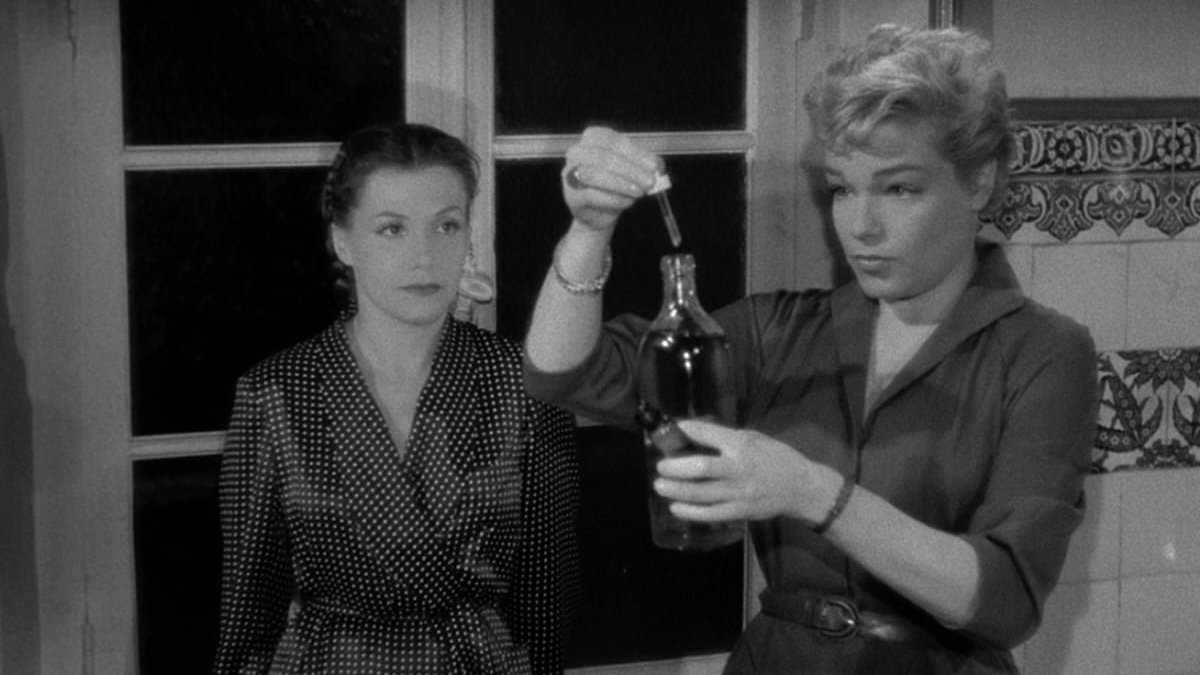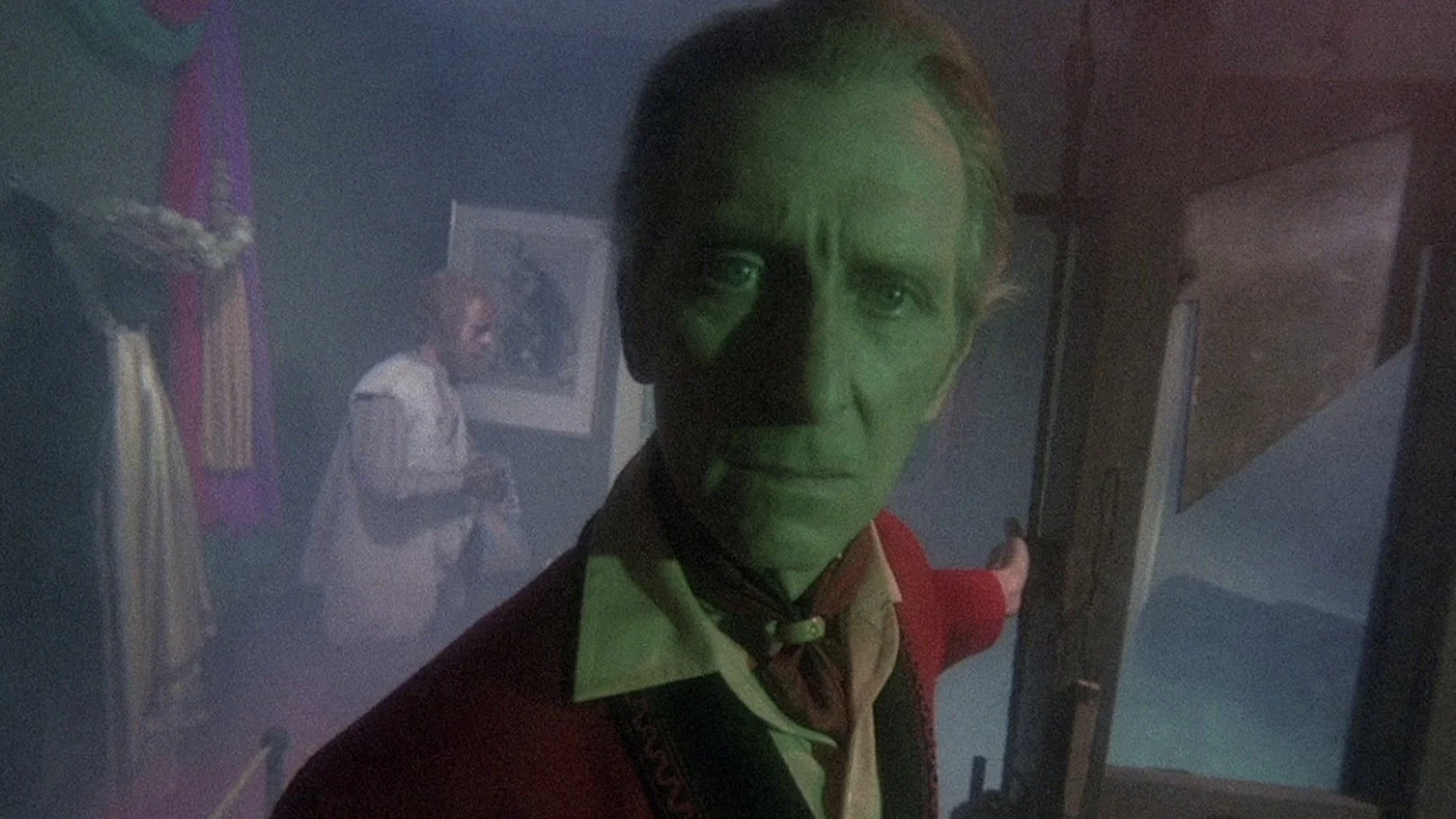Film Review — "Conclave"
Oh, how I appreciate a closed door, secret ballot-driven political thriller!
Yes, horror is my jam, but methodical dramas about procedure and power plays also intrigue me, which is how Conclave ended up as one of my most anticipated films of the year. Even with a high bar to meet, I did not leave the theater disappointed in the slightest. I was kind of gagged, actually. The film truly has everything going for it—the cast, the craft, the controversy—and isn’t afraid to flaunt it. The cherry on top is the confident, careful filmmaking of director Edward Berger, who lets every facet of his film’s creation shine.
The stacked ensemble is perhaps the film’s strongest and most crucial feature. There is not a single weak link to in the bunch.
As stellar as every player is, Conclave is most of all a showcase for Ralph Fiennes, whose Cardinal Lawrence is so adeptly layered. Cardinal Lawrence, despite some recent spiritual doubts and a newfound determination to leave Rome for good, is the Catholic Church’s current Dean of the College of Cardinals. So, after the Pope is declared dead in scene one, Lawrence is immediately tasked with organizing the next papal conclave, where 108 opinionated cardinals from around the globe will be sequestered until they can name the next Pope. The person Lawrence least wants to be selected, of course—no matter how many of his peers think he’s the ideal candidate—is himself. And yet… Vote after vote, support for Lawrence grows, and he must keep his anguish in check as he struggles to be an impartial leader, while power-hungry wannabe-Popes engage in duplicitous persuasion behind the scenes. Basically, Cardinal Lawrence is going through A Lot.
Adding texture to the tumultuous conclave is a fantastic assemblage of character actors. Look, if you recruit John Lithgow or Stanley Tucci to play a zesty supporting part in your film, then you’ve successfully piqued my curiosity. But if you recruit them both?? And ask them to connive in the shadows?? Then, girl, I'll be the first in line opening night! Lithgow and Tucci are the mainstream conservative and liberal candidates for Pope, respectively, and their unique vibes fit the roles well. Also burning bright are Lucian Msamati, Sergio Castellitto, and Carlos Diehz, who portray the other potential successors to the papacy, each with his own distinct worldview.
The performances aren’t the only mastery on display. Edward Berger’s shot compositions are bold as hell.
Berger loves a stark close-up, and Conclave is full of them. He’ll fill the frame with as much of an actor’s face as he reasonably can and offer them the shallowest depth of field allowable to work within. And if the scenario calls for it, actors in medium shots will float in a sea of soft focus, too. The effect is isolating. These characters are constantly in states of reflection. At any given moment, they’re grappling with what’s best for the church’s image, what’s best for the future of their faith, or what’s best for themselves, and the technique magnifies the immense pressure that has been placed upon them—for God’s sake, it’s their job to choose whom among them ought to become “the most famous person in the world” for an indeterminate period of time. So yes, Berger puts us uncomfortably close to the actors whenever the occasion strikes.
Damn, I get so excited anytime a director composes conceptually and with intention!
The film’s use of color is astonishing as well. The contrast between the vibrant, fiery reds of the cardinals’ domain and the tranquil, stoic blues of the nuns’ milieu is quite sharp. Everywhere the cardinals go, their regalia stands out dramatically. In the impeccably decorated chamber where the college convenes to cast their votes, the earthly hues work to amplify the innate fervor of their robes. Then, in the stony blush-white atrium, it’s impossible to miss a single cardinal… The nuns, however, are more nondescript in their dress and the ways they move about. Per their station, they aren’t meant to be seen or heard, so the design of their attire renders them nearly invisible. The nuns’ function is to blend in and aid from afar. Thus, their surroundings, which are more muted by comparison, seldom ever emphasize their existence.
One nun who will stand out when integrity commands it is the principled Sister Agnes, played by Isabella Rosselini, international cinema legend and ardent fan of Arby’s Big Beef ’N Cheddar sandwich. In the patriarchal halls of the Vatican, Agnes serves as chief administrator for the building where the cardinals reside whenever the conclave is in recess. She does not have much screen time, but Rosselini’s presence lends a vitality that demands we pay attention to Agnes, who’s a fierce champion of order and unexpectedly funny at times. Isabella Rosselini excels at weaving the humor Sister Agnes is afforded into the drama, adding levity where she can without tipping the scales too much.
Acute acting and technical prowess aren’t the only things that make Conclave significant.
I am very eager to see how Fox News and the other pious rightwing media personalities respond to this film. I predict they are going to have a collective meltdown over it, and it’s going to be glorious. When I said earlier that the film left me “kind of gagged,” I was referring to the twist ending. Which cardinal ends up as the Pope is not a shock. If you ask me, that outcome is pretty obvious from the beginning. But there’s more… I foresee Republican families going to see “the new Catholic movie” in droves, maybe as a post-church Sunday matinee, and having their feeble little minds blown in the final minutes. Because Conclave re-defines what a “come to Jesus moment” is.


